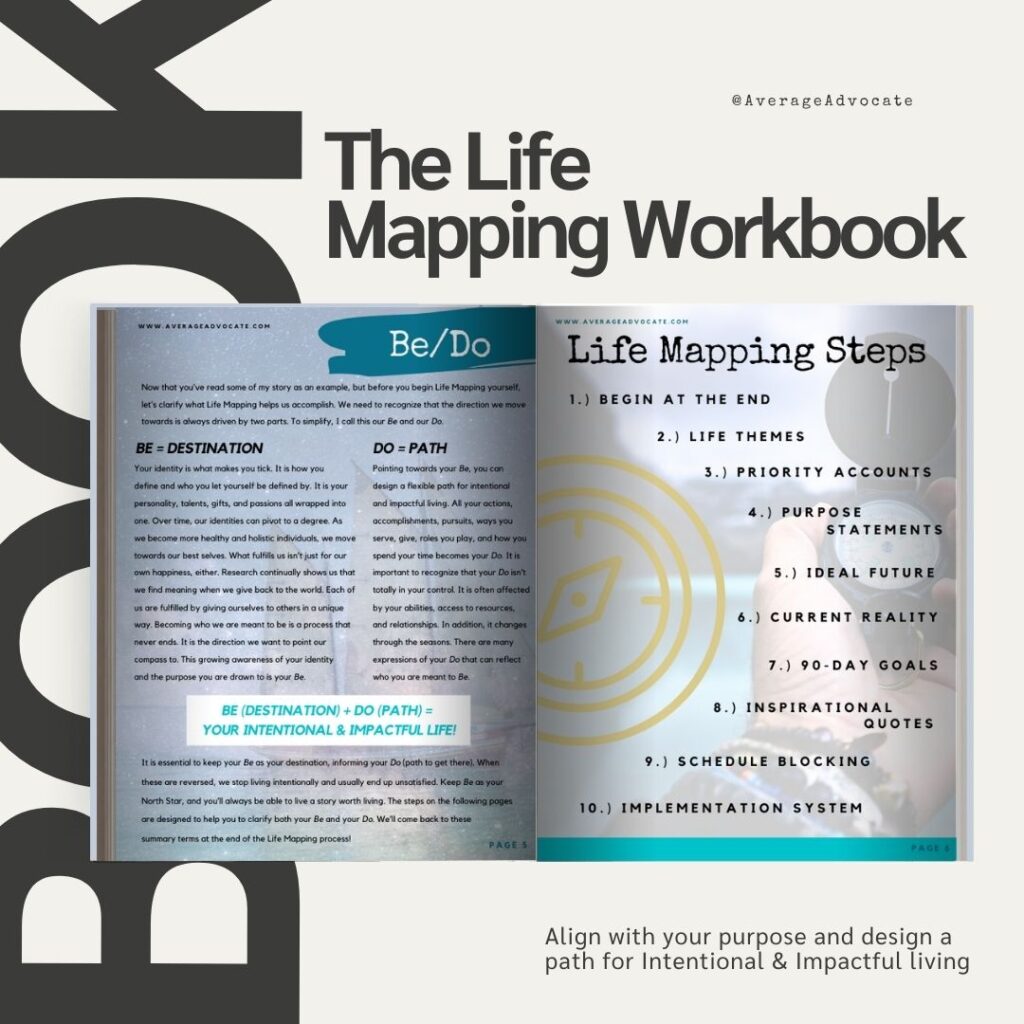If your devices seem to suck up all your time–especially all that time you want to use to implement your awesome world-changing ideas–you just might be tempted to throw the lot of them out window while driving 75 miles down the highway.
And watch your devices bounce off the pavement.
And then hit the ground again, shattering everywhere.
But right before they shattered, you’d probably be screaming, “Stop! Quick! Turn the car around! What was I thinking? What kind of idiot throws their phone onto the highway? My Great Aunt Gertrude–the one isn’t a terrible sponsor parent to that kid in Africa–was going to call today to give me advice!”
I’ll tell you what kind of idiot would want to throw their phone out of the window. It is the type of idiot we all are sometimes, the ones who feel tension because we can’t control our device habits so we feel forced to take desperate measures.
But apparently this getting rid of the phone thing is a thing. Sometimes it is even considered better, leaving behind technology to embrace the lovely and lowly of the world. Or maybe it is to identify oneself as a device-less hipster (oxymoron?). Maybe it is simply a way that some people feel better about themselves, shaming all of us avid phone users.
Regardless of why some people are getting rid of them, I think most of us don’t want to throw our phones out of a moving car to the pavement. But there is still something to be said about not being controlled by our devices.
I, for one, know what it feels like when there are so many things on screens to demand our attention (like the millions of refugees fleeing for their lives and the people trying to contact us through all the social media channels), all while we just want to use them to drown it out all the demand by playing Candy Crush and watching some mindless Dr. Who.
Is there a way for us to not be controlled by the chaos of it all so we can have a little balance?
The other week I mentioned my breaking-phones-affliction, which incidentally leads me to live unplugged for a week or so every year. Yep, almost every year! You can take a gander at all the smart phones I’ve broken at that post, Why Breaking My Phone Was A Good Thing and evaluate the pros and cons of unplugging–the pros mainly being that it helps create margin and matures us to be people who are free enough to love others.
But most of us shouldn’t advocate for screwing all the of the devices with all of our screwdrivers and hammers, even though there are good reasons to choose seasons of being unplugged. This new post is all about managing your device time instead of breaking your phone.
How to Manage Your Devices Without Being Sucked Dry
You don’t have to throw the baby out with the bathwater, you just have to unplugging for specific times in specific ways.
There is one valuable principle to follow in not letting your devices control you:
Your commitments must match your phonelessness.
That is right. Getting rid of your phone without changing your commitments won’t help you simplify and create more margin in your life–what we need to be healthy world-changers. Instead, it will simply create more stress and more frustration for those around you trying to work with you. Instead, you have to figure out what your commitments are, and match them to how your devices help you work towards those.
6 Questions To Help World Changers (Like You) Know When They Should Temporarily Unplug to Simplify
Here is a process of six questions to ask yourself and work through as you consider when it is best for you to unplug, and what version of unplug you should apply:
1.) What Are My World-Changing Priorities?
To figure out whether totally unplugging is good for you or not, you have to determine what your world-changing priorities are, or, to say it differently, where your priorities are when it comes to serving others. It kinda goes with the “Best Yes” principle, you have to judge what is most important to invest in, because you can’t invest in everything.
Look at these examples below:
- If your world-changing priority–where you are serving–is teaching English to refugees, or being a house mom to trafficking victims, being off your phone when you are with them is ideal (unless you are looking at something together). But when you are on call, you better keep your phone close at hand.
- If your top priority of all priorities is to simplify and live like a hermit in the woods to be an example to all, then getting rid of your device makes perfect sense. And with that, good riddance, as I am sure you’ll not have a phone to look at the Average Advocate blog ever again 😉
- If your priorities are only to maintain a great relationship with God and your children (both at home and far away)–even if being deviceless helps you do two of those things–cutting off your devices would hinder you from meeting the third part of your objective, damaging the relationships with your children far away.
- If you are marketer for social good products, getting rid of your phone would be a bad thing. After all, how else would we know about all the fair trade products available (like these or these) that give modern slave survivors jobs? We need you and your devices to market to us for them.
- If you are a homeschooling stay-at-home dad, teaching a co-op to all the local kids about God’s love for others, then sure, you can ditch your phone forever, as long as you can communicate effectively enough with the parents.
- If your current role as a world changer is lay-counseling via text message, please don’t get rid of your phone.
- If you live on the streets with homeless people, then fine, join them and give your phone to your mom. She’ll appreciate it and wait for you to find a real pay phone to call her.
For myself, one of my priorities is it to run an online blog and coaching business to help world changers–or more specifically, to help ordinary people transform into effective and full-of-life world changers! Therefore, not being able to communicate with my readers or answer my clients calls is a bad thing. Conclusion: I shouldn’t get rid of my phone.
On the other hand, this blogging business is secondary to my family relationships and my community. Considering, putting my phone aside while connecting with these people is a good thing.
See how that works? It isn’t too hard.
We can do this.
2.) What is My Daily Rest Time?
One of the best reasons to unplug is to schedule your life more effectively to rest. And I don’t mean just recovering from that marathon Human Trafficking Conference, either–we all need regular scheduled times of rest going well beyond those moments you have to stop simply because that virus is threatening to take you out.
Nor am I only talking about all those studies about not looking at screens before bed, valid as they are.
I am referring to putting your phone aside in whichever ways are not restful, during your rest time. This is a hard habit to start, but well worth it.
For myself, I “unplug” multiple times a day to rest. In the morning I do this, to start my day in the best way for me, by reading and praying. I do the same thing in for a short period in the afternoon and at night.
Does this actually mean I don’t use my phone? No, not necessarily. Sometimes rest for me is watching movies, reading, or listening to music–all which I can do on my phone. Sometimes rest is even checking Facebook. But, for me “unplugging” means not checking my notifications and having a limited time on social media. I also won’t check my email most of the time, as that is usually “work” related. Often I don’t check my texts in my “resting” moments either.
3.) Should I Unplug To Rest For An Extended Time Period?
Feel free to can tell people you are unplugging for a week to rest on your vacation. Or Staycation. If they try to contact you, you don’t have to contact them back. You don’t have to reply to texts or notifications. You don’t have to feel like you are being rude as you have already committed to this and told the world at large what their expectations should be for you–that you are unavailable.
4.) Should I Unplug To Work?
Unplugging to do what you’ve committed to is one of the most important things ever when it comes to creating margin as a world changer.
Truthfully, sometimes I feel pointless unplugging during a stretch of time when I am trying to work when my kids are around, as I am still on call to them. But scheduling chunks of time to at least try to work as made a huge difference, or being very intentional in the times when I am not with my kids.
In this “work” time is when I address all those notifications and emails that represent work to me–the ones I ignore the other half of the day (or sometimes days in a row). And in this time I don’t do “fun” social media, or looking at whatever blog posts or news feeds, because otherwise I will spend all my time with nothing to show for it.
If I want to commit to another do-gooder advocacy project, I try to realistically look at whether I have enough margin in this “work” time to unplug long enough to do this (or, plug-in to do this, depending on how you look at it).
5.) Should I Unplug to Fast?
Again, this is what we talked about the other week, so I am not sure it needs to be repeated. It is true that this type of unplugging can be combined with “rest” or “work,” but the intention is different–your goal is to grow maturity by not depending on your phone.
6.) Am I “Present” Enough For Those I Am With To Know They Are Loved?
This is where the below image came from last week–if you are talking to someone, try to look at them, whether it be a co-worker or the person at the check-out counter:

Do I really have to break my phone to love people?
Applying the “ask first” principle:
Here is another principle I have been trying to live, and I think it will help world changers all around:
Do not look at your phone unless you ask whoever you are with if they mind.
If you make this a habit, it really helps you become aware of stupid-phone-time because you begin to ask yourself if it is really worth asking before doing something on your device. After all, you don’t want to sound desperate and be like “I wanted to see if that person on twitter followed me back.” (Although, in my household, checking and see what a hippopotamus eats is a very legit reason to check your phone.)
Even ask the children first:
I am trying–and struggling–doing this with my kids. It is really hard. There have been too many times I wasted pointless time on my devices when I could have been available to them. But, then there are other times–like when they are entertained on the playground without me–that I consider it okay to be on my phone.
But if when we are just sitting there and I am just dinking, out of respect to them, creating an example for them, and as accountability to myself, I am trying to make a policy of asking before being on my phone. Sometimes they don’t care. But other times I find out they really did care.
Don’t Give Up Hope When The Phone Begins To Control You Again!
Unplugging from your phone should match your priorities and commitments as a world changer–something you must evaluate before you commit, or else you will be serving all over the place until you burn-out!
But that doesn’t mean this is easy. This is part of the first step in becoming a world changer, transforming as we deal with our junk that hinders us while creating margin in our lives. Many people quit at the beginning, because our pasts pull deep and our habits die hard.
So don’t give up. Sometimes our devices are like addictions. We literally need to apply the Alcoholics Anonymous steps to freedom to help us overcome the addiction (especially the first ones, “I am not in control, I cannot be, and I need help beyond myself!”).
Hopefully the above five questions will help you, as they have helped to better manage my devices. I am still working on it, but I can assure you already that not being controlled by my phone really does create more margin.
From this margin, we can really give of ourselves and have peace to love others from. And here at Average Advocate, when we say “change the world,” loving others is exactly what we mean.
World change starts with us, even if in how we use our phones.













Trackbacks/Pingbacks